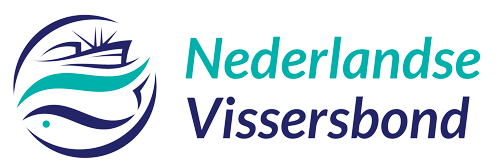The Dutch fishing sector is confronted with different harbor blockades in France. The harbors of Boulogne and Calais are barricaded by French fishermen. These harbors are frequently used by Dutch fishermen that fish in the Channel during the winter months. The French blockades cause problems for the Dutch flyshoot vessels which are disrupted during their attempt to bring their catches to the shore. In addition, the transport routes for trucks of the French harbors are also blocked.
Expansion of French blockades
It is very likely that French fishermen will increase the amount of blockades. This expansion of blockades will reduced the options of harbors for the Dutch vessels. The Dutch fishermen are also worried about leaving their ships in blocked harbors during upcoming weekend. Multiple reasons are mentioned for the French blockades: low income, bad weather conditions for their fishery which reduces fishing possibilities, worries of French fishermen about pulse fishing and legislation for fishing vessels.
“French people must have certain safety certificates”
Chairman Johan Nooitgedagt responds on the French strike: “Every year, around January-March, the French fishermen find a reason to block the harbors. They mainly strike in this period because they earn less money in this time of the year. Compare it to a winter closure due to ice conditions in the construction sector. It now seems to have a connection with pulse fishing, but that is not the main reason. For example, the French also strike because they need certain safety certificates to achieve grants for the realization of the certificates. It is disappointing that this becomes an annual returning phenomenon, beside the fact that the EU is blinded through a web of multiple interests. The strikes of the French fishermen are also misplaced, because the only vessels that fish along Boulogne and Calais are so-called flyshoot ships which do not use pulse fishing technics”.
Stopping against the pulse fishing is not realistic
The Dutch fisheries organizations are in contact with the authorities, harbor services and fishing companies that are active in French waters. A salient detail is that this French fishermen have also fought against pulse fishing. “The decision of the European Parliament about pulse fishing is apparently not enough for this French fleet. This probably explains why they are focusing on Dutch fishermen who are fishing with a different technique”, says Nooitgedagt. “The argument that the French fishermen strikes in the harbors of Boulogne and Calais against permits of the pulse fishing is not realistic. The Dutch pulse fishermen do not fish nearby the harbors of Boulogne and Calais. The pulse fishermen can only fish with this technique in the North Sea.”
Support from public money
Nooitgedagt also mentioned: “It should be noted that French fishermen have used strikes in the past to get support from the public. Previously this resulted in getting public grants during periods of lower catches. Five years ago the Dutch fleet had a difficult period. The fleet remained ashore during low fish prices, and many fishermen had no to little income. However, no subsidy was demanded to compensated for their lower income”.

